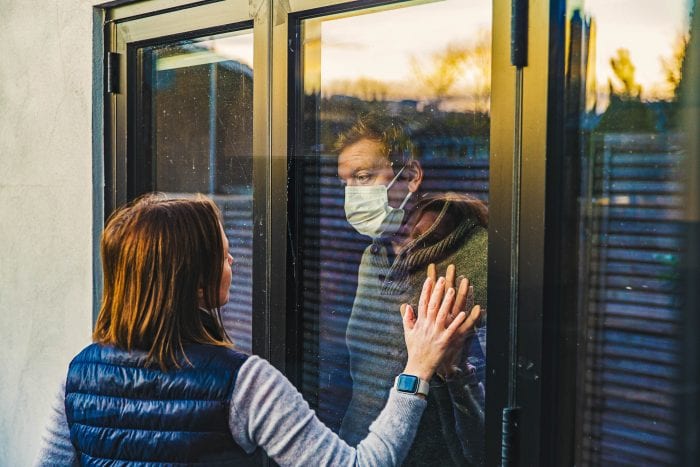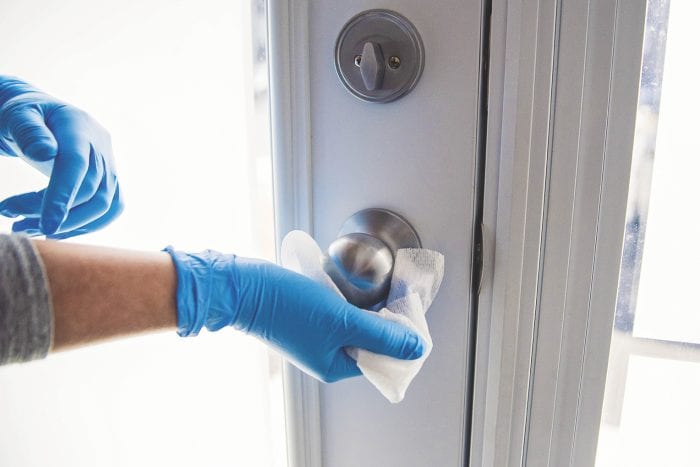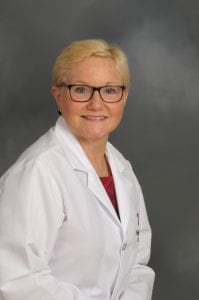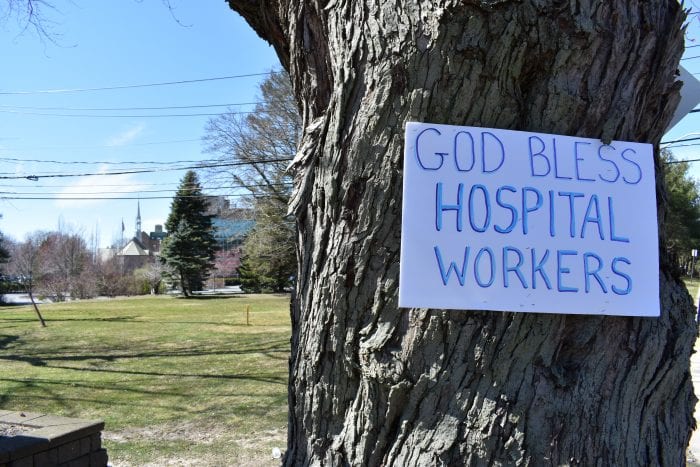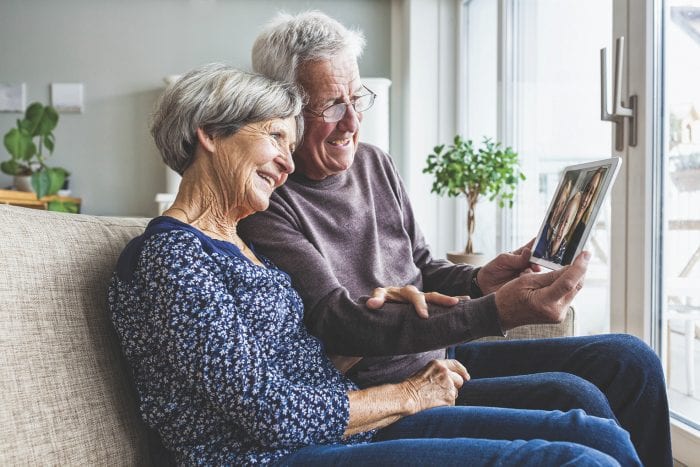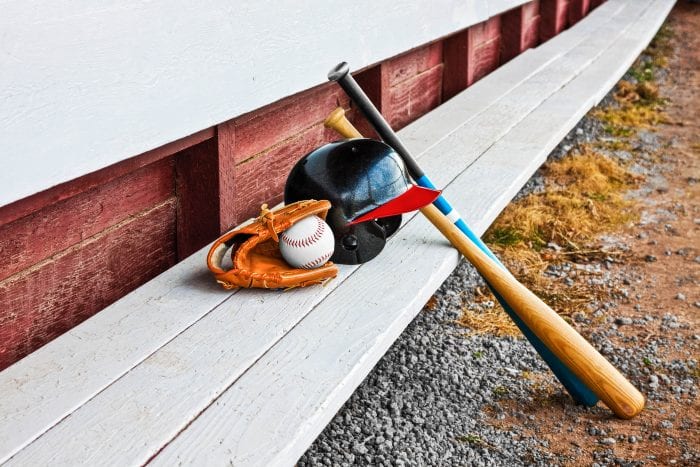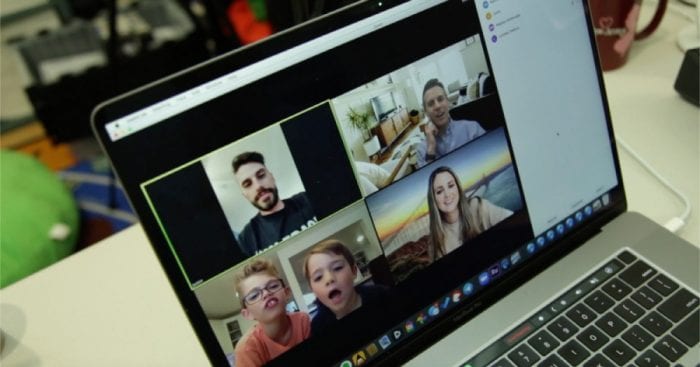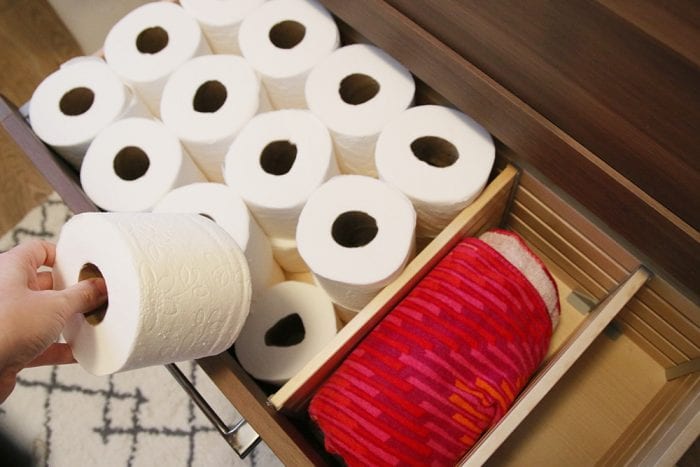By Daniel Dunaief

During my sophomore year of college, I was preparing to visit my family for Thanksgiving. In early November, however, I had this incredible need to come home to see my mother, my younger brother, our aged-but-still-hanging-in-there golden retriever and my dying father, who was in the hospital full time.
I asked my mother if I could come home a week before Thanksgiving, return to school and then travel back again for Thanksgiving. She acquiesced, suggesting that the family would be happy to see me twice during the month. Of course, she also gently reminded me, to the extent that she ever gently reminded me of anything, that I bring home any schoolwork.
My brother picked me up at the airport and drove me home. Initially, we avoided the subject that hung over every conversation. I didn’t ask how dad was because cancer is a horrific roller coaster ride, in which every small rise inevitably precedes a hard and fast drop towards the abyss.
Over the weekend, my mother brought me to the hospital. She warned me several times that my father was taking so many pain medications that he probably wouldn’t know I was in the room. He might not even wake up, she cautioned. Still, I needed to see him.
When I got to his room, he turned toward me and he acknowledged me, in the smallest way, with his eyes. He didn’t smile or speak, but his eyes told me that he not only knew who I was, but that he was glad to see me. He tried to sit up, which was extremely unusual in the end stage of his life. His movements through the day were extraordinarily limited and he wasn’t interacting with anyone regularly.
Protecting me from seeing my father’s emaciated body in a hospital gown that hung tenuously onto his body the way he clung to life, my mother took me to the cafeteria to get my father a grilled cheese while a nurse brought him to a chair. By the time we got back, he was mostly asleep in the chair. He didn’t eat or acknowledge me, and had already drifted away.
That was the last time I saw him alive. He died before Thanksgiving. Difficult as the memory is, I know how fortunate I am to have had the chance to see him one last time. I didn’t thank him for being a wonderful father or receive any sage advice. I got one more moment to connect with him.
With that memory in mind, my heart aches with the recognition of the hardships families are enduring through their separations caused by the coronavirus. I am confident courageous nurses and doctors are comforting those with uncontrollable coughs, fever, aches and all the other symptoms of this dreaded disease.
And yet, I also recognize how difficult it must be for people not to share the same room or, as I did, to exchange one last glance into a loved one’s eyes.
We draw inspiration from seeing each other, sharing space and time, and wrapping ourselves in the blanket of humanity that offers comfort during times of crisis. I admire those who have stood outside the windows of loved ones, with messages of hope and encouragement. I also appreciate the benefit that FaceTime provides, letting people look at a virtual image of people whose lives have defined ours.
Hopefully, our continued commitment to social distancing and working from home will prevent people from contracting COVID-19, while we await vaccines from scientists and pharmaceutical companies. These efforts will ultimately prevent more families from enduring the additional layer of pain caused by such separations.

